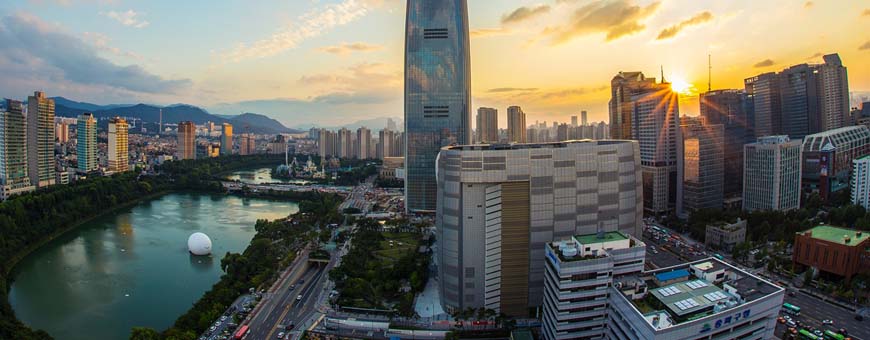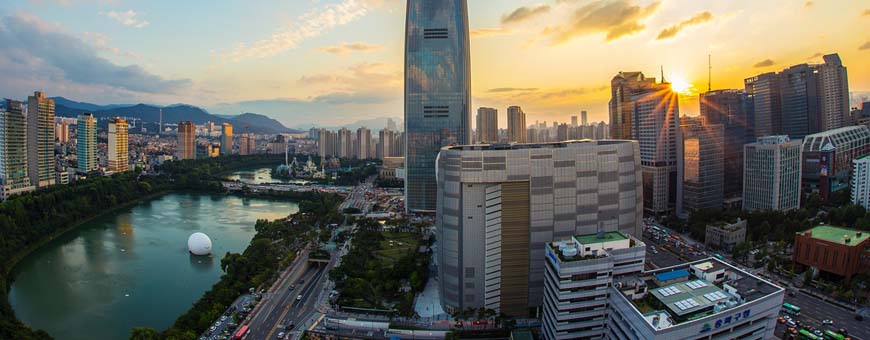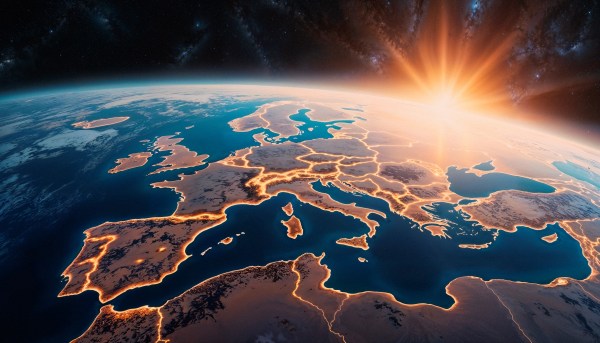* Article originally published in ‘Ethic’.
We live in a connected world and this is not an abstract or remote concept. It is the daily reality for us all; 7,300 million mobile users; 3,700 million mobile broadband users; 3,600 million Internet users and 2,300 million users of social networks are the figures for the connected world in which we live. These number will continue to increase at a faster rate than the global population so that all inhabitants our planet will be connected.
But this is not the limit of connectivity. There will come a time when everything is connected. It is a reality that is beginning to feel familiar to us. It is common, in addition to our smartphones, for many of us to have a tablet, an e-reader, an exercise tracker, a navigator, a camera or a drone. These are all intelligent and connected devices. And this technology won’t be limited to personal devices: electricity and water meters, the automation and security system in our homes, any vehicle belonging to commercial fleets or public transport, automatic irrigation for gardens or controls in industry. This is what is known as the Internet of Things and we don’t have to go far into the future to start to see how our surroundings will change.
This future world is and will be increasingly more global. The greater presence of technology in our lives has blurred the line between digital life and physical life, generating more collaborative environments with relations, cooperation and exchange gaining prominence. Similarly, the digitisation of the economy is resulting in a significant global increase in flows of data and information relative to other commercial flows for goods and services, financial and people. Cross-border transactions and growing in number and relevance.
All this will result in an increasingly urban environment. Today, over half of the planet’s inhabitants live in cities and, in 2020, this will be 70%. In addition, cities have a key role to play as a meeting point for the economic and information flows and as access ports to the globalised economy. Today, cities generate over 80% of global GDP and, in the future, we can expect this figure to rise.
Connected people and connected things, with all of them talking to each other, will significantly increase the volume of information available (Big Data). With the intelligence required and, if we are able to develop essential algorithms to understand and use this information, we will have a intelligent future world, we will hold the keys to future economic development and better wealth and well-being for all.

The future will include smart cities. In such cities it will be possible to monitor, automate, control and optimise the processes which facilitate daily life to achieve a degree of well-being and development that humanity has not seen before.
As for the question of how far in the future this will be, the answer is much sooner than we might have thought. The elements making this promise possible evolve from the pilot stage to reality and are being shaped and strengthened. The investor cycle in the telecommunication sector has coped with unrivalled development of broadband connectivity, both fixed and mobile, which has allowed the connected world in which we live today to become a reality. When 5G connectivity is a reality, it will be a great help for making the Internet of Things a reality, with native applications, minimal latency and response times for a real-time reaction and the optimised use of transmission power which will be able to connect any type of device minimising the need for intervention or maintenance. All the devices we use in life and business will be connected.
This future is bright and we are on the threshold of the technology which will make it possible. But it will only become a reality if there are open and interoperable environments and proper attention is paid to privacy and security. Because there are users, individuals and companies, legitimate owners of data and there are those with the power to decide what information they do and don’t want to share so that data use, with their authorisation, is always for their direct benefit.
The role of the public administrators or the regulator is as important as that of the telecommunication companies and the technology companies. This is a task for all to benefit everyone. And everything needed is already here.
This is the prologue from the book ‘Smart Cities, a vision for the citizen’, by Marieta del Rovero (Lid Editorial). Read it here.







